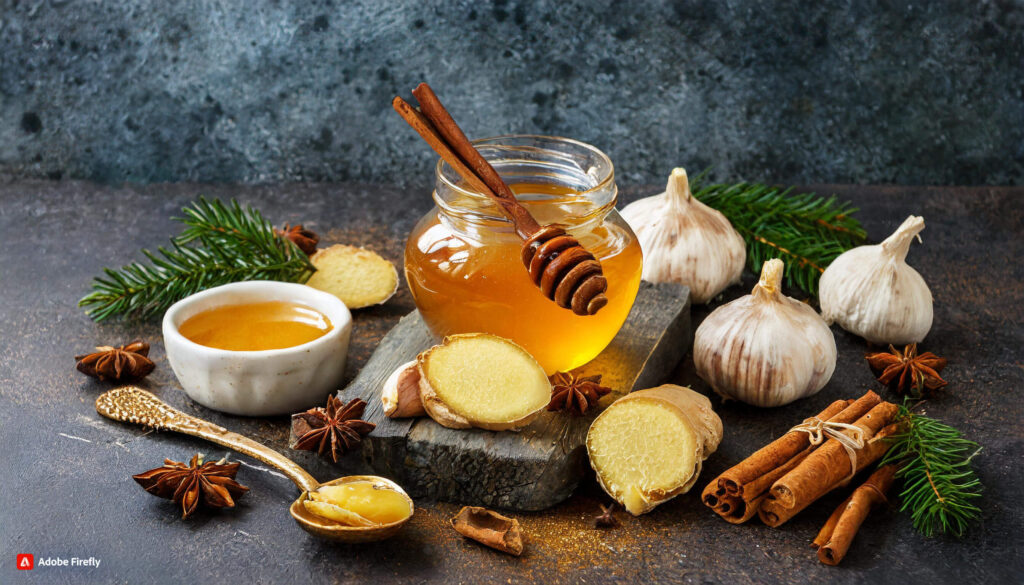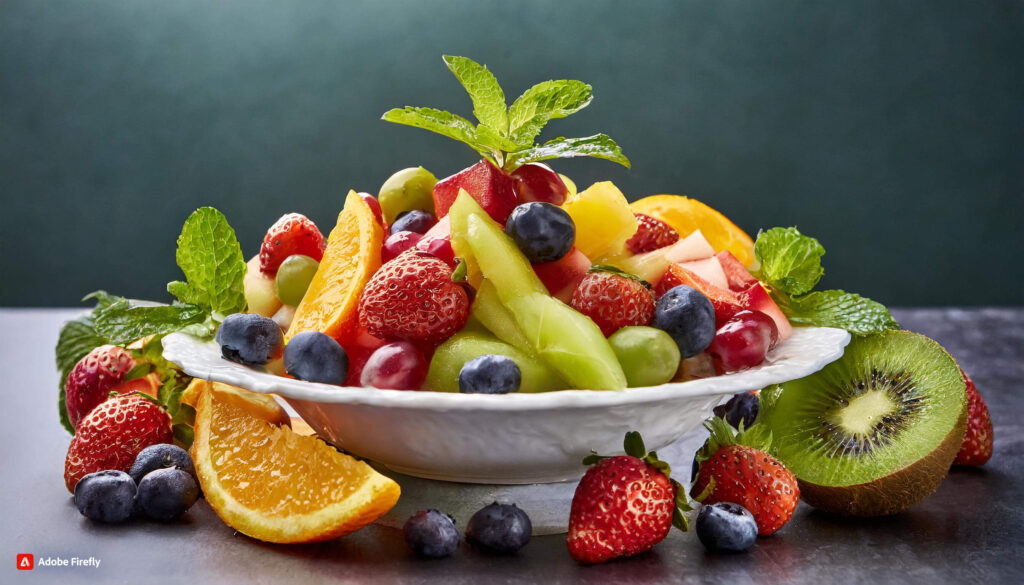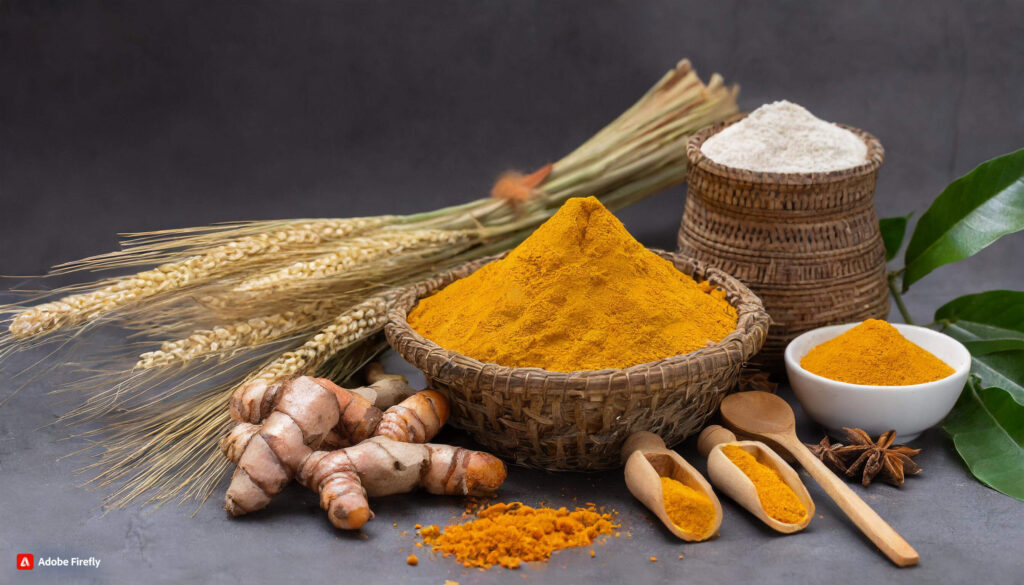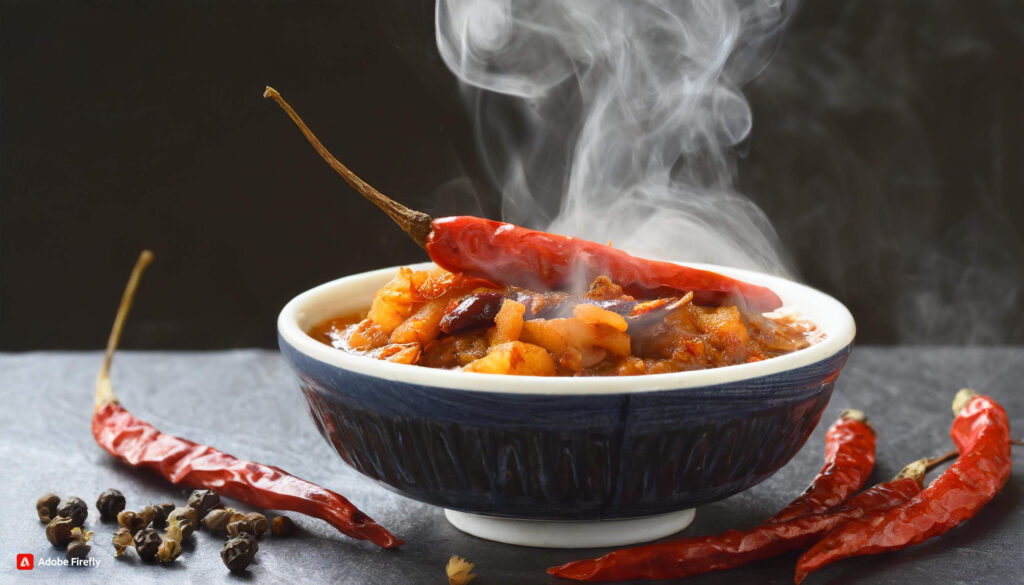Our body needs a well-rounded diet. And haphazard eating habits are leading to low health status in individuals. This can be in various ways, such as:
- Making poor food choices- junk, processed foods, sugar laden or high-salt foods, GMOs or high pesticide-laden food products.
- Not eating at the right times-like consuming food at night (Ayurveda recommends eating right food only between sunrise and sunset).
- Not eating in the right quantity- eating too much, eating too less.
And much more.
You may be surprised that things are deeper when it comes to crafting lifestyle as per Prakriti (Nature).
One of the important aspects naturally is “ritucharya” or lifestyle according to seasonal changes. This also involves consuming healthy diet for a well-rounded diet is choosing healthy food according to the season, region and your body’s innate nature. Additionally, your lifestyle should be aligned with seasonal requirements.
The practice of eating and adapting to a lifestyle according to the ongoing season or ritu is known as “Ritucharya”. Having a lifestyle aligned with natural seasons is an important aspect that keeps the body and mind healthy. In the present article, we are going to focus on the diet of the body. This also helps one to decide healthy foods to lose weight in appropriate manner.
Healthcare professionals and nutritionists are focusing on advising people to adopt a healthy lifestyle and consume an immunity-boosting diet. A robust immune system can keep illnesses away. So, experts’ advice is based on focusing on the consumption of seasonal and regional foods.
Benefits of Consuming Seasonal Foods in a Healthy Eating Plan
Our body is influenced by our environment including the changing seasons. Consuming seasonally and locally-grown foods assists our body to adapt itself to the seasonal stressors.
Ayurveda experts state that following ritucharya and consuming foods according to season strengthens the body, helps maintain homeostasis in the body, and revitalizes the immune system. On the other hand, not eating food according to season can result in imbalanced weight, compromised immunity, poor skin and hair health. Overall, an imbalanced diet not suited to the body’s requirements can also lead to a lower self-esteem.
NIH recommends that consuming seasonally compatible foods and diet, helps our body stay disease-free and healthy. Moreover, it is the local agricultural community that grows seasonal foods. Procuring freshly-grown seasonal vegetables and fruits, and dairy also helps support the local growers.
What is the Ritucharya Diet?
You sure have heard of diet foods, but Ayurveda goes a step further. It suggests that it is important to plan a well-balanced and healthy diet according to the seasons following the guidelines of Ritucharya underlined by sages such as Charaka. The word “ritu” means seasons, ‘charya’ means guidelines.
Ayurveda or science of life has several recommendations to make food choices as per time of the year, and the seasons in particular. There are six seasons ‘ritus’ of the Indian calender that are placed into two solstices occurring in a year, namely:
Uttarayana (Northern Solstice): It includes three seasons namely
- Shishira (Highly cold)
- Vasanta (Springtime)
- Grishma (Summer)
Dakshinayana (Southern Solstice): The three seasons of thai solstice are:
- Varsha (Rainy season)
- Sharat (Autumn)
- Hemant (Light winter)
Human Body Alignment With Seasons: Doshas and Seasons– Importance of Ritucharya
The alignment of our body with the changes in the environment in different seasons is important. Let us first try to understand the body as analyzed in Ayurveda. Ayurveda enlists three doshas ruling the human body functioning:
- Vata (comprising movement through combination of air and space)
- Pitta (it is the principle of transformation ruled by fire and water)
- And Kapha (principle of assimilation ruled by earth and water).
Seasonal changes have an inherent effect on the stimulation and pacification of the above-mentioned doshas.
Understanding your dosha dynamics empowers you to harmonize with Nature’s rhythm and nurture holistic well-being.
There are mainly three seasons each year (summer, rainy, winter), Doshas are not only present in our bodies, but also the environment. The change in seasons also represents dominance of one particular dosha.
Summer: Vata
Rainy: Pitta
Winter: Kapha
What Happens In Prakriti/Nature During Change of Seasons?
- Vata (Dry/Dehydrating Heat): Rules summer, aggravates in the rain.
- Pitta (Rainy Season): Dominates in rain, aggravates in autumn heat.
- Kapha (Cold Season): Reigns in cold, peaks in spring.
A change in seasons influences doshas within our body. This, in turn, affects the balance of homeostasis.
The foods, especially indigenously growing foods have a great impact on influencing the state of homeostasis within our body. Consuming foods with right prakriti helps restore the balanced state and ensures that the body can maintain its balance. That’s why Ritucharya is highly based on consuming indigenously and locally grown foods in regions.
Let’s get an overview of the type of foods we should choose in your diet during the six seasons.
Ritucharya: Shishira (Mid-January to Mid-March):
It is recommended to eat sweet, sour and salty foods in Shishir ritu.

Foods Recommended
Your diet should include foods such as:
- Cereal and pulses
- Dry fruits
- Ginger
- Garlic
- Haritaki
- Jaggery/khand-organically processed sugarcane products
- Pippali (fruits of piper longum)
- Milk, butter, ghee.
- Wheat/gram flour products
Foods to Avoid
Avoid pungent (katu), bitter (tikta), and astringent (kashaya) foods as they lead to dryness. This means avoiding consuming bitter and spicy foods.
Ritucharya: Vasanta (mid-March to mid-May)
In the Vasanta season, include pungent, bitter, and astringent foods as a part of the diet. Avoid heavy and hard-to-digest, cold (shita), and amla (sour) foods in this season.

Foods recommended
It is appropriate to take foods that can keep the gut healthy, such as:
- Cereals like old barley, ragi, and oats.
- Honey
- Pulses, lentils and mugda.
- Rice.
- Wheat
- Spices such as coriander, cumin, turmeric
Foods to Avoid
Avoid having unctuous and heavy foods in this season, such as:
- Dairy products
- Oily foods
Ritucharya: Grishma (mid-May to mid-July)
It is sensible to eat sweet, unctuous, cold and fluid foods In Grishma ritu.

Foods Recommended
You can include such foods in your dietary routine, such as:
- Lentil
- Rice
- Buttermilk
- Fruit juices.
Foods to Avoid
Avoid consuming hot, sour, pungent, foods.
This means avoid:
- Hot and spicy items
- Deep fried foods
- Foods with combination milk and fruits (smoothies, shakes)
- Yogurt.
Avoid taking alcohol as it increases dryness and burning in the body leading to debility.
Moreover, have plenty of water to stay hydrated.
Ritucharya: Varsha (mid-July to mid-September)
In this season, taking medicated or boiled water is helpful. Additionally, one should consume excessive liquid intake. Additionally, avoid taking wine and hard-to-digest foods. It is advisable to take unctuous, sour and salty foods.

Foods recommended
A well-rounded dietary routine in this season would include foods, such as:
- Vegetable Soup
- Sprouts
- Herbal Tea
- Honey
- Turmeric Milk
- Lemon.
- Dry fruits and nuts.
- Fruits like Jamun and Plum
Foods To Avoid
In the rainy season, it is not advisable to take raw and uncooked foods, as they may lead to stomach infections and do not get digested easily. The digestive fire is slightly weakened, so heavy foods should be avoided.
Do not have:
- Heavy and fried foods
- Very spicy foods
- Uncooked foods like leafy vegetables
- Meat
- Curd
Ritucharya: Sharad (mid-September to mid-November)
During Sharad ritu, an Ayurvedacharya will advise to have light to digest, sweet and bitter foods.

Foods recommended
Few of the recommended foods include:
- Wheat
- Green gram
- Sugar candy
- Honey
- Patola (Trichosanthes diocia)
- Flesh of animals of dry land (Jangala Mamsa)
Foods to avoid
- Fats
- Oil
- Meat of aquatic animals
- Curd.
Ritucharya: Hemanta (mid-November to mid-January)
This is a season for foodies. During this season, it is good to take unctuous, sweet, sour/ tarty and salty foods.

Foods recommended
You should include in your diet
- Newly-harvested rice
- Green gram
- Sugarcane products (jaggery)
- Fat
- Meats
- Milk, butter, ghee
- Fermented preparations.
- Flour preparations
- Green gram
- Sesame
Foods to Avoid
In Hemant Ritu, avoid Katu (Pungent), Tikt (Bitter), and Kashaya (Astringent)
Do not consume:
- Cold Drinks
- Cold Food
- Highly Spicy Foods
Ritucharya Takeaway: Eating Seasonably is Eating Sensibly
Consuming foods that are suitable for the season helps your body achieve a great positive impact on how the food benefits you. Additionally, including seasonal foods in your diet can help you gain the benefits of a restorative diet. Always pay attention to how your body responds and make adjustments to your diet based on your unique needs and preferences. Consulting an Ayurvedic practitioner for personalised guidance is important for your specific prakriti.
